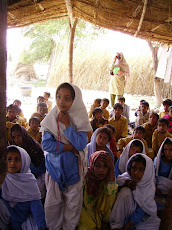Please visit http://www.soroptimistinternational.org/ and spend some time exploring the new site. The site will continue to be improved over the coming weeks as we develop the pages further and add more information so keep checking back. We hope the new site will be a great resource for Soroptimists all over the world!
We have also launched a new SoroptiVoice Blog as part of the new website which means that this blog will be closed down shortly.
The new SoroptiVoice Blog will feature guest reporters every Friday, as well as more regular contributions from the SIHQ team. These special guest blog spots will explore, share and celebrate Soroptimist Voices from all around the world, showing our on the ground work as well as our views on issues relevant to our Soroptimist mission.
We are busy lining up a guest blog spot schedule for the coming months and we would love to hear from anyone who would like to contribute! Please email hq@soroptimistinternational.org if you would like to be a guest reporter - we look forward to hearing from you!
Finally, we are excited to announce the new monthly newsletter from SIHQ, Global Voice! From March, Global Voice will be sent on the last Friday of the month, providing a summary of all the most important SI news with a particular focus on our international advocacy work and actions you can take.
The first issue of Global Voice can be found here or accessed through the home page via Facebook and Twitter - look for the Global Voice launch announcement and link.
To sign up to receive future issues of Global Voice direct to your inbox, please visit the home page of the website to subscribe.
Thank you for reading!






